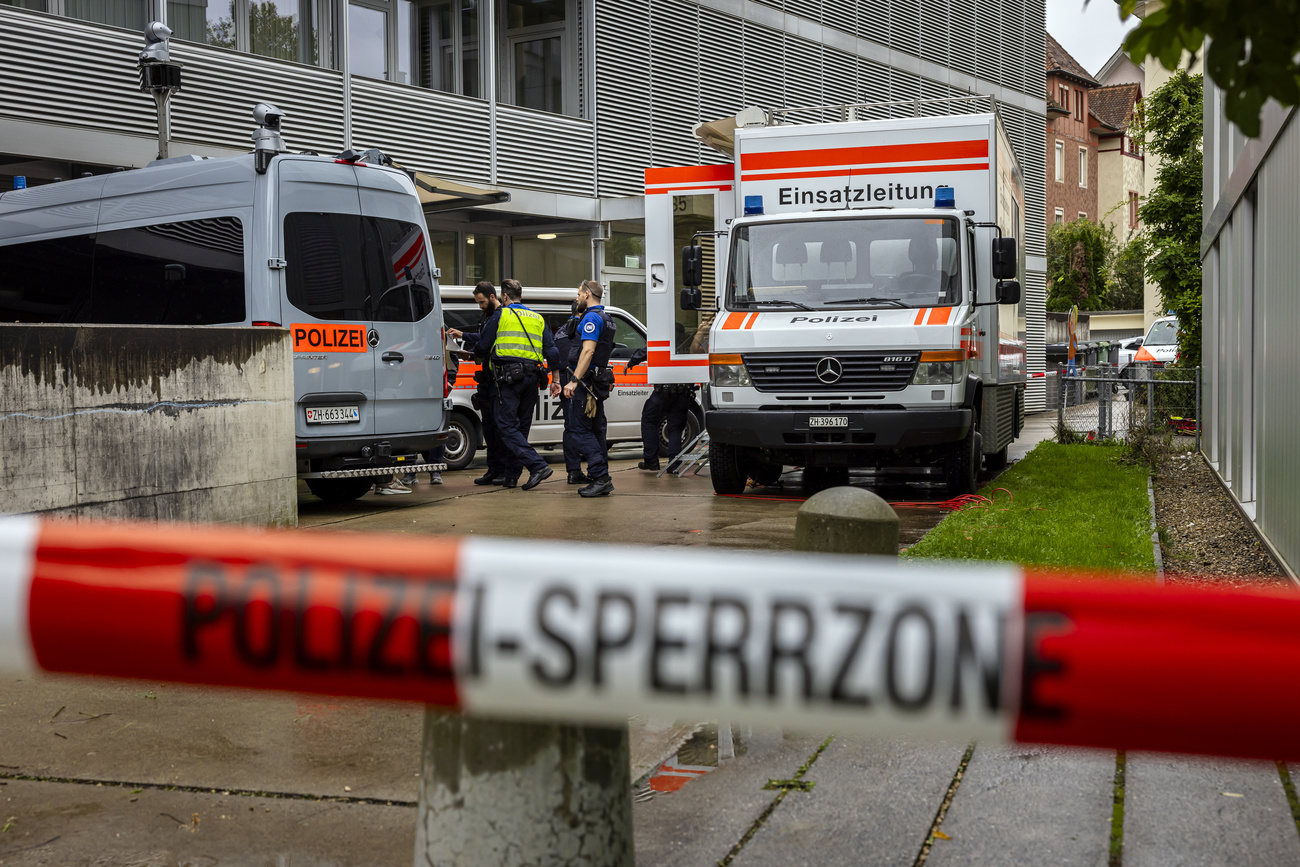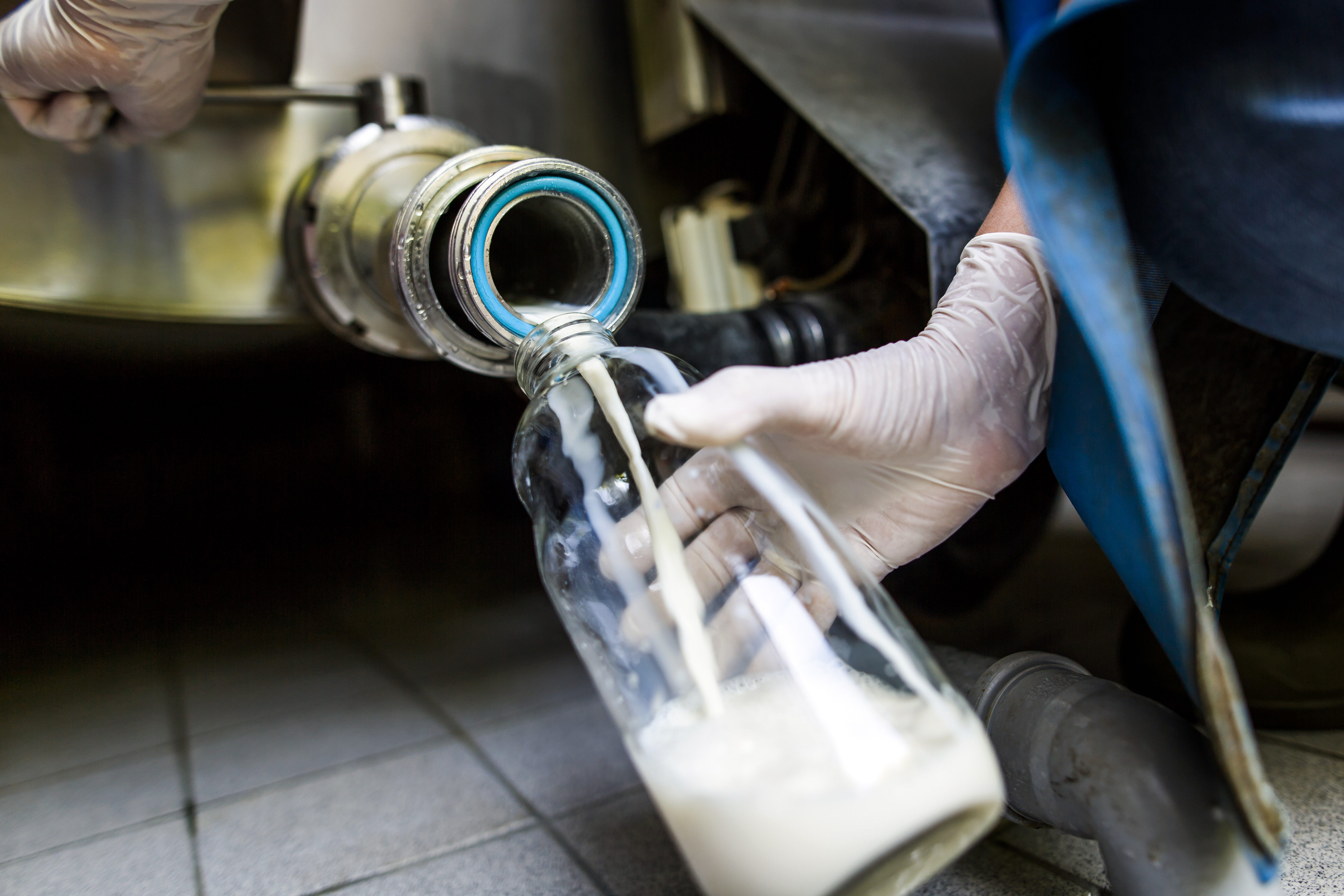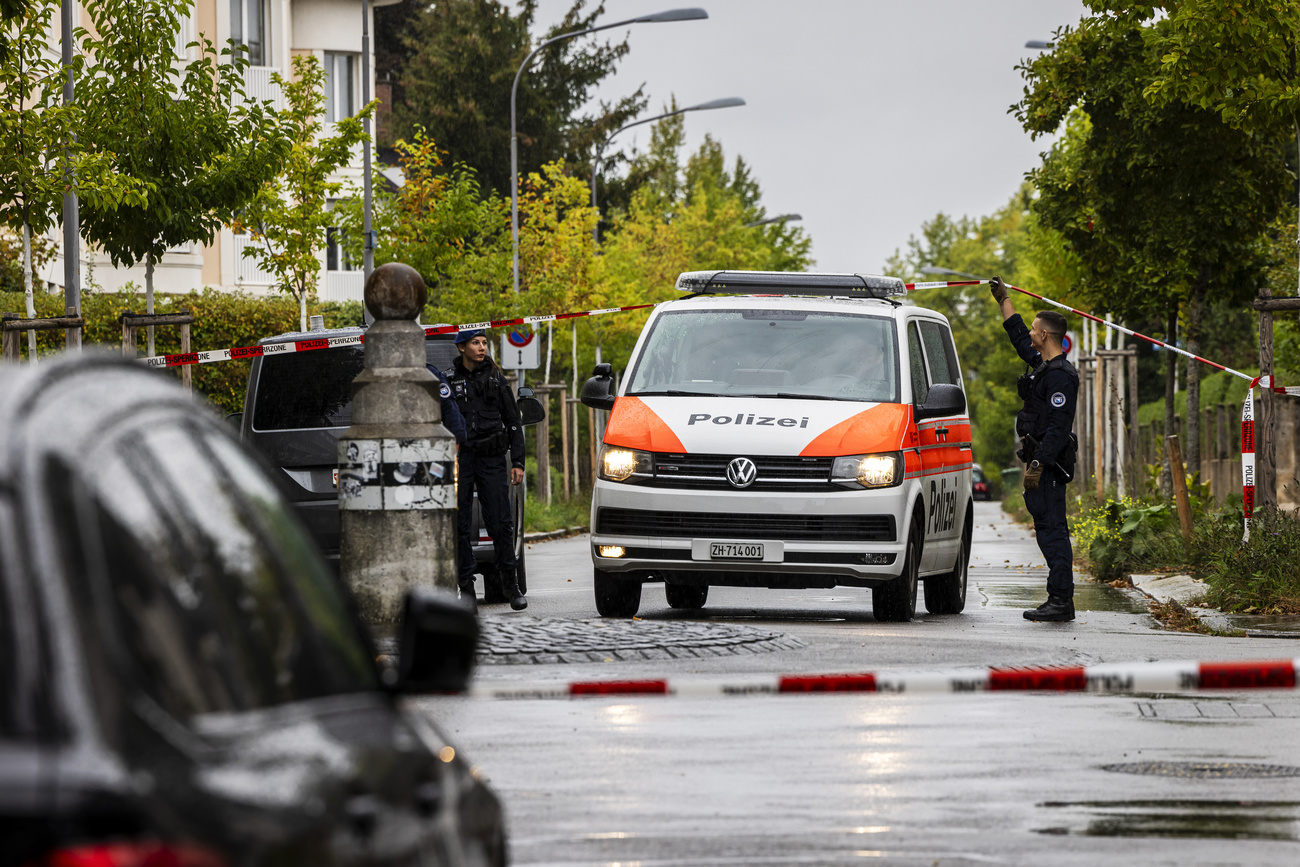Lithuania’s centre-left opposition says it will try to form government

By Andrius Sytas
VILNIUS/PANEVEZYS, Lithuania (Reuters) – Lithuania’s centre-left opposition Social Democrats (SD) will attempt to form a majority coalition government together with two other parties following the country’s parliamentary election, its leader said on Sunday.
Early results showed SD winning the popular vote of the election, which was dominated by concerns over living costs and potential threats from neighbouring Russia.
“I think it will be a coalition with two left parties,” Vilija Blinkeviciute told reporters, adding the parties in question were the Farmers and Greens and For Lithuania.
With 91% of votes counted, SD had 20% of the popular vote, making it the largest party ahead of the ruling Homeland Union of Prime Minister Ingrida Simonyte with 17% and the anti-establishment Nemunas Dawn with 15%.
If Blinkeviciute succeeds in forming a government, she is expected to maintain Lithuania’s hawkish stance against Russia and its massive defence spending.
NATO estimates the Baltic nation of 2.9 million people will spend some 3% of GDP on the military, making it the alliance’s sixth biggest spender this year.
Lithuania has a hybrid voting system in which half of the parliament is elected by popular vote. The other half is chosen on a district basis, a process which favours larger parties. In most districts, the top two candidates will face each other in a run-off on Oct. 27.
Some 52.1% of the Baltic nation’s eligible voters cast a ballot on Sunday, up from 47.2% four years ago, official data showed.
‘I GOT BORED’
Blinkeviciute said foreign policy would not change and helping Ukraine remained a priority.
“I think that our voters, our people said that they want some changes,” she said, pointing to earnings, housing, healthcare and education as key areas of concern.
Simonyte’s centre-right government saw its popularity eroded by inflation that topped 20% two years ago, as well as by deteriorating public services and a widening gap between rich and poor.
“I got bored with the old government. I want something new,” Hendrikas Varkalis, 75, said after casting his vote in Panevezys, about 100 kilometres northwest of the capital Vilnius.
Domestic issues loomed large in the election campaign, with the SD vowing to tackle rising inequality by raising taxes on wealthier Lithuanians to help fund more spending on healthcare and social spending.
But national security is also a major concern in Lithuania, which is part of the eastern flank of NATO and the European Union and shares a border with the Russian exclave of Kaliningrad, as well as with Belarus, a close Moscow ally.
Three-quarters of Lithuanians believe Russia could attack their country in the near future, a Baltijos Tyrimai/ELTA poll found in May.
All mainstream parties strongly support Ukraine in its war with invading Russian forces and back increased defence spending.








